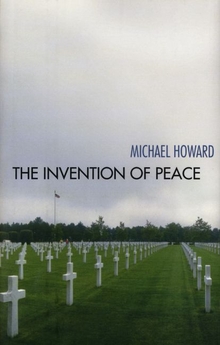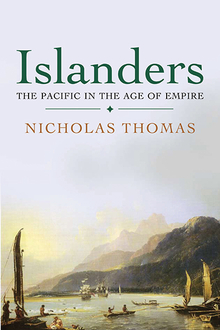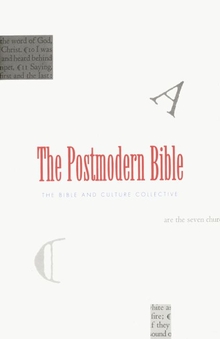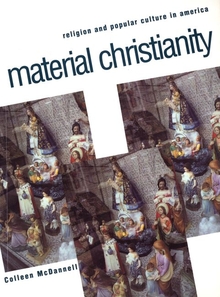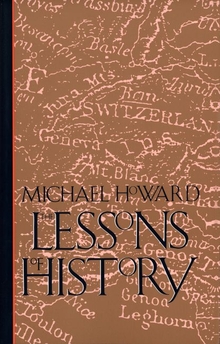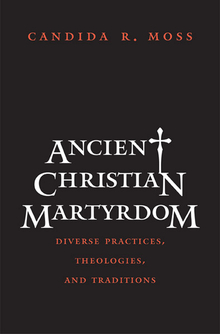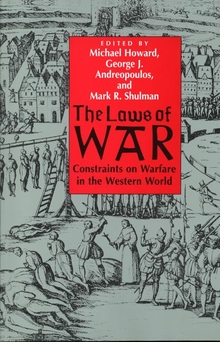The Invention of Peace
WARNING
You are viewing an older version of the Yalebooks website. Please visit out new website with more updated information and a better user experience: https://www.yalebooks.com
Reflections on War and International Order
Michael Howard
Throughout history the overwhelming majority of human societies have taken war for granted and made it the basis for their legal and social structures. Not until the Enlightenment in the eighteenth century did war come to be regarded as an unmitigated evil and one that could be abolished by rational social organization, and only after the massive slaughter of the two world wars did this become the declared objective of civilized states. Nevertheless, war in one form or another continues unabated. In this elegantly written book, a preeminent military historian considers why this is so.
Is war in some sense still a necessary element in international order? Are war and peace in fact complementary? Does not peace itself breed the conditions that will ultimately lead to war? And if nuclear weapons have made war ultimately suicidal for mankind, what can be done about it? Having devoted half a century largely to studying these questions, Michael Howard offers us his reflections. Unless they can be answered, he notes, the twenty-first century is unlikely to be any more peaceful than the centuries that preceded it.
Sir Michael Howard is Robert A. Lovett Professor Emeritus of Military and Naval History at Yale University and was Regius Professor of History at Oxford University. He is the author of many books, including The Franco-Prussian War (1961), War in European History (1976), War and the Liberal Conscience (1978), and The Lessons of History (1991, Yale University Press). He is life president of the International Institute for Strategic Studies, which he helped found.
Publication Date: February 8, 2001

